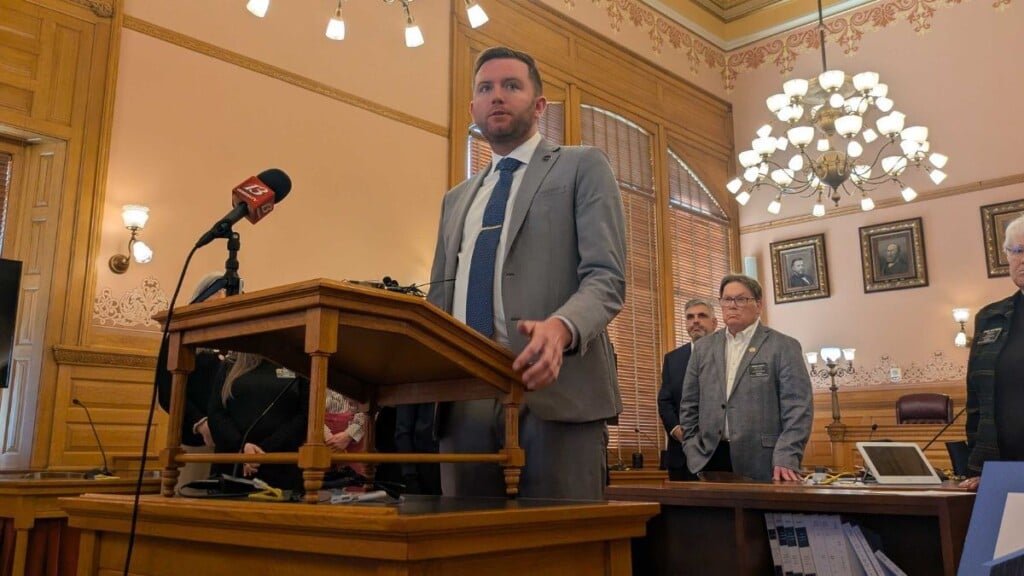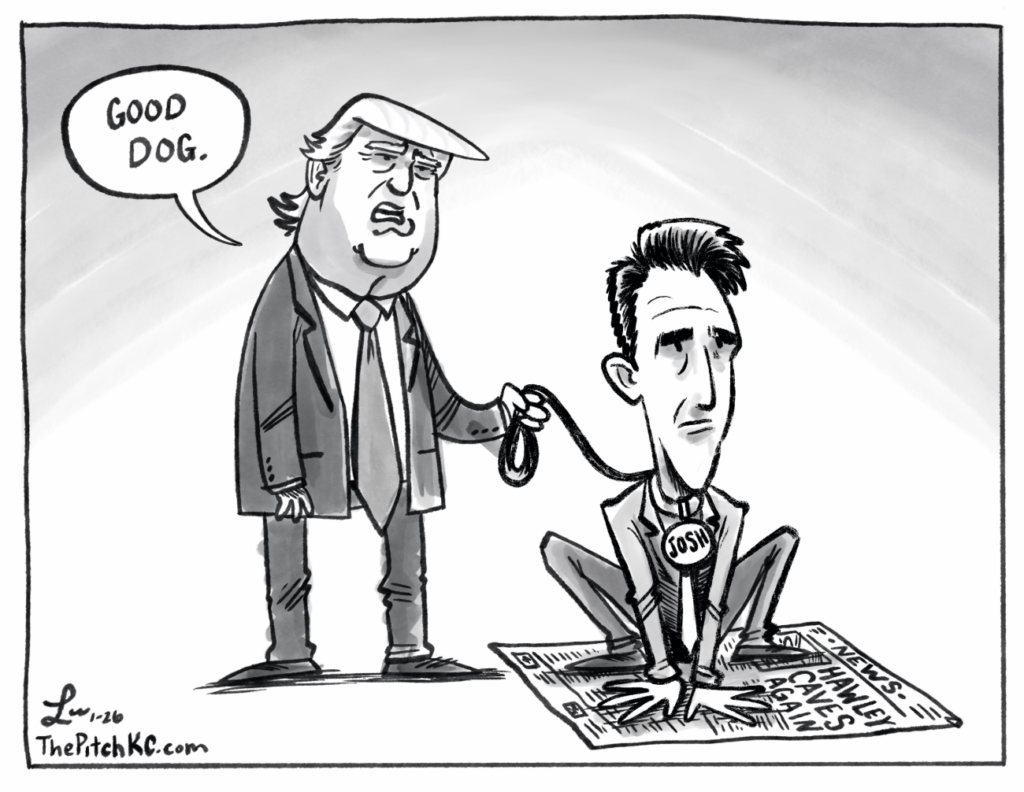Doctor’s Orders
Last week, the Kansas Court of Appeals ruled that earning a medical degree on the Internet does not necessarily mean you can market yourself as a doctor in Kansas. On September 17, judges ordered Overland Park dentist Steven L. Thomas, D.D.S., M.D., to extract the latter degree from his title. “Thomas’ continued use of the M.D. designation, without a license, will clearly cause irreparable harm by misleading the public and hospital staff and by damaging the general esteem and reputation of such title,” the court wrote.
Thomas earned his M.D. in 1999 from the University of Health Sciences-Antigua, a mostly online medical school in the West Indies. His previous doctorate in dentistry had fulfilled the general education requirements for the Caribbean university’s “Non-Traditional Clinical Pathways Program.” According to court documents, after Thomas completed an 18-month crash course online, he spent eight weeks attending seminars and clinics on the vacation-destination island.
The degree capped a solid academic résumé. After graduating from the University of Missouri-Kansas City’s School of Dentistry in 1982, Thomas completed a residency program in oral and maxillofacial surgery at the Henry Ford Hospital in Michigan and earned a master’s degree in dental surgery from Baker University. He is licensed to perform jaw, facial, plastic and cosmetic surgery; he owns a practice at 128th Street and Metcalf in Overland Park and also treats patients at Shawnee Mission Medical Center. But his new, fast-track M.D. did not meet the standards of some states’ medical licensing boards.
Prompted by a patient’s complaint, the Kansas Board of Healing Arts filed suit against Thomas in February 2003, alleging in court documents that the “M.D.” misrepresented Thomas’ medical training.
In October 2003, the Kansas District Court ruled in Thomas’ favor, saying that because the Board of Healing Arts regulates doctors, not dentists, and because Thomas’ practice was rooted in his licensed dentistry procedures, the complaint was moot (“Oral Argument,” June 17, 2004).
According to the Appeals Court’s new ruling, though, “Thomas’ use of the M.D. designation could mislead the public to believe his medical training is similar to that of a licensed M.D.”
“You cannot use it in a way [to suggest] that you are treating injuries, deformities, et cetera,” says Mark Stafford, attorney for the Kansas Board of Healing Arts.
Thomas maintains that the decision had nothing to do with his skills as a dentist. “The court was not asked to rule on the quality or quantity of my education,” Thomas told the Pitch in an e-mail last week. “The question before the court was whether I, as a dentist, fell under the jurisdiction of the Board of Healing Arts, when the Kansas statute clearly said I did not.” On that question, though, Thomas lost. His e-mail to the Pitch suggested that he would appeal.
“It [the medical degree] simply expanded the extent of my knowledge and made me a better oral surgeon. I think patients have a right to that information, and the court should not prohibit me from sharing it,” Thomas said.




